It’s all but over: The 2018 Legislature looks to wrap up its substantive work Thursday.
And on the education front, everything is pretty much a done deal — barring an unexpected and exceedingly unlikely after-the-fact veto from Gov. Butch Otter.
Let’s take a (not-too-early) look back, both at the substance and the politics of the session.
Teacher pay raises
What happened? For new teachers — or educators with a few years’ classroom experience — pay raises could be on the way. The K-12 budgets include an additional $41.7 million to fund the latest installment of the teacher salary “career ladder.”
Who won? Politically speaking, score this one as a win for the process. Gov. Butch Otter and legislators frequently extol their five-year plan for K-12. With little dissent and debate, they dutifully funded the fourth year of the five-year, $250 million career ladder rollout. The career ladder line item is a centerpiece of the 2018-19 budgets, which put an additional $100 million into K-12.
Science standards
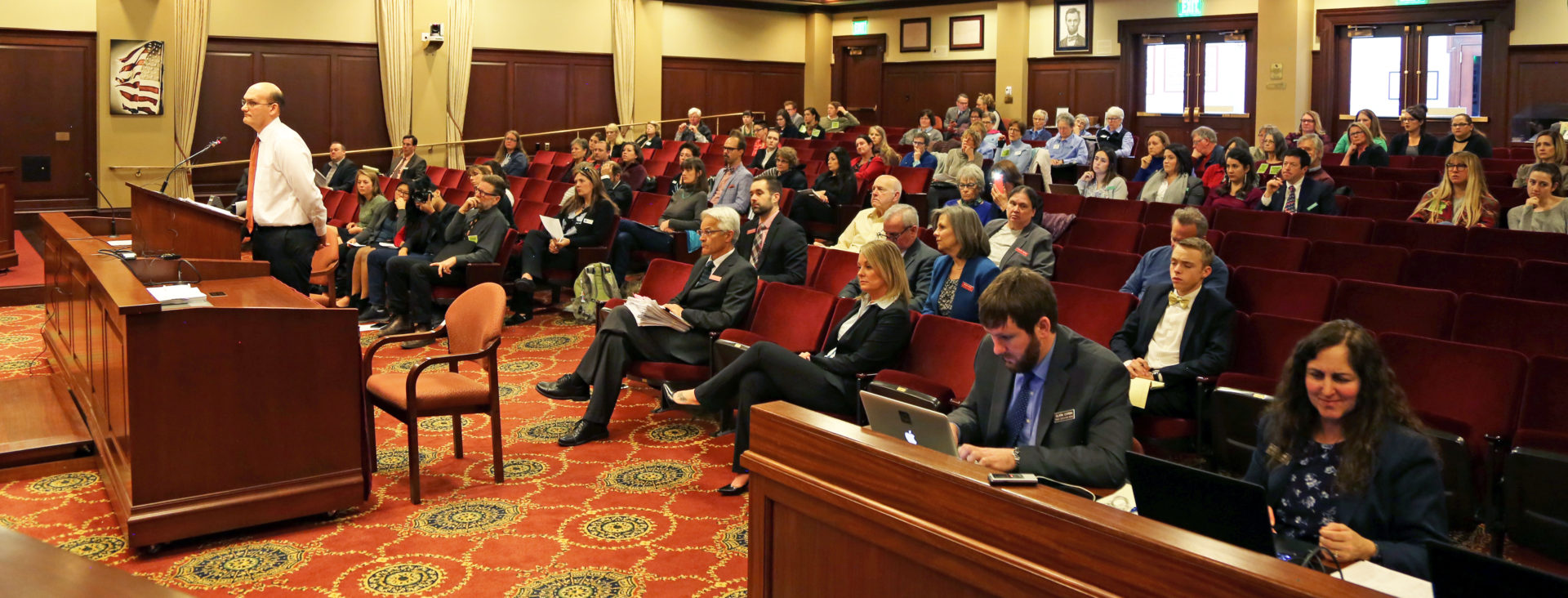
What happened? If you teach science, you will finally have an updated set of state academic standards to use as a teaching baseline. It took three years — and a long, bitter debate centered on references to climate change — but the Legislature adopted the new standards on Feb. 22.
Who won, and who lost? In the recurring tug of war between the Senate and the House, score this one for the Senate. The Senate Education Committee had the last word in the process — and rejected the House’s attempts to again delete portions of the standards. The adoption of the standards, in full, is a political win for state superintendent Sherri Ybarra, and a win for the team of science teachers who spent three years tweaking the standards.
Private school scholarships
What happened? Nothing changed, but House Bill 590 proved to be the most hotly contested education bill of 2018. Supporters sought to create a private school scholarship geared toward at-risk students and students in poverty. Opponents called HB 590 a voucher bill in disguise.
Who won, and who lost? Education stakeholder groups fought HB 590 vigorously — and won. The State Board and Ybarra also opposed HB 590. Senate Education never took up this bill, but supporters did get their bill through the House, albeit narrowly. The House vote suggests this debate isn’t going to subside any time soon.
School security
What happened? The morning after the Feb. 14 mass shooting at a Florida high school, Otter told reporters that he believes the state has done what it can do to make schools safer. The 2018 Legislature passed a couple of school safety bills. Rep. Heather Scott’s bill will allow retired law enforcement officers to carry concealed weapons on school grounds. Rep. Patrick McDonald pushed a bill allowing prosecutors to pursue cases involving threats made off school grounds, and over social media.
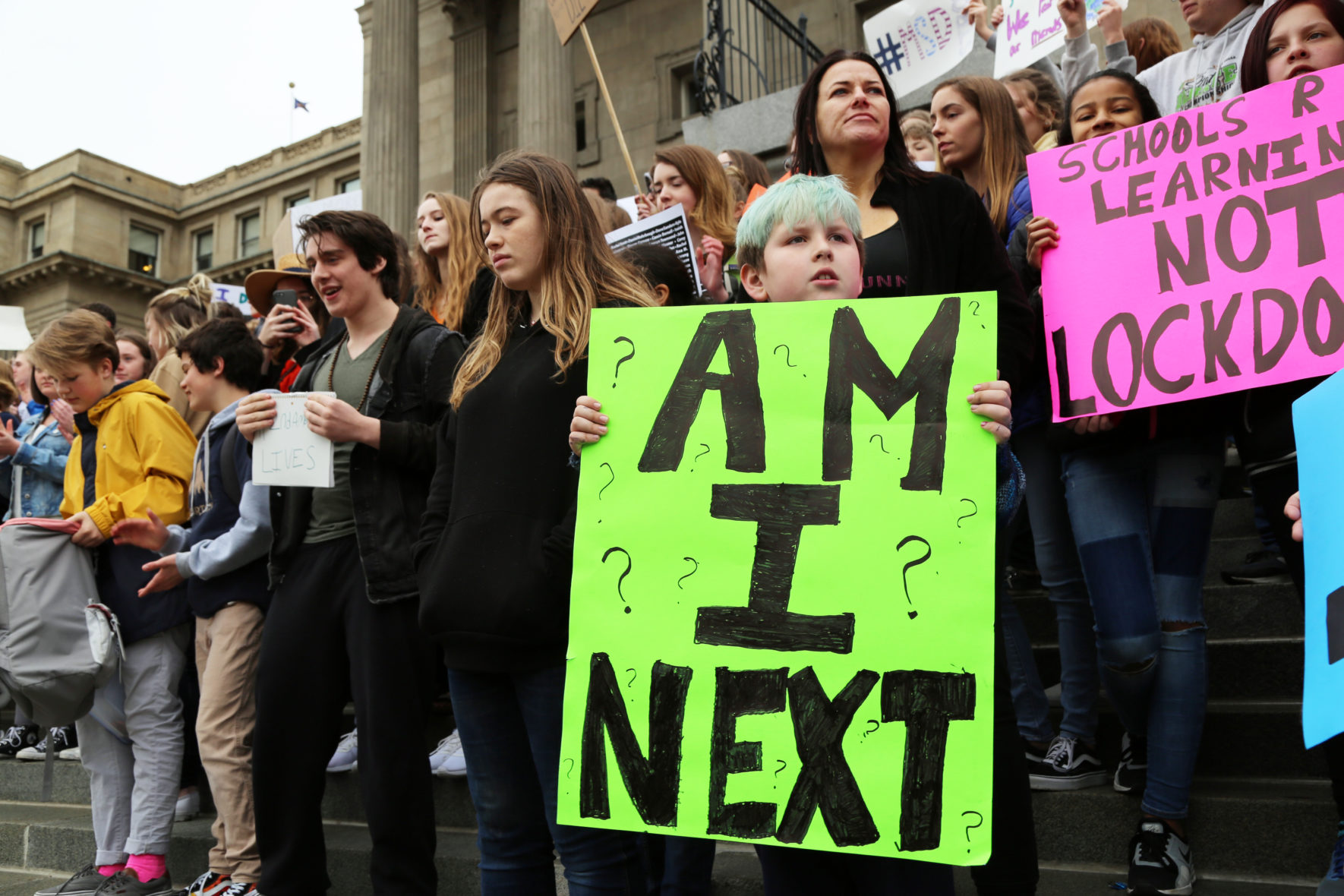
Who won, and who lost? McDonald, a Boise Republican and retired U.S. marshal, managed to get his bill through a skeptical Legislature. Ybarra came in too late to win, or lose. She unveiled a $20.8 million school safety plan on March 12, nearly a month after the Florida shootings. She said she would pursue funding in 2019 — that is, assuming she is re-elected in 2018.
College scholarships
What happened? If you’re a high school senior — or if you’re a college “stopout” hoping to return to school — help might be on the way. The Legislature put an additional $3.5 million into the state’s popular Opportunity Scholarship. The State Board also will be allowed to siphon some of the money into an “adult completer” scholarship to help older students return to college and get their degree.
Who won? This was a big win for Otter, who has spent three sessions pushing for an adult completer scholarship. The extra money should be a win for some college-bound students, but it won’t meet all of the unfilled demand for scholarship money.
Higher education CEO
What happened? Well, this went nowhere fast. Otter hoped to hire a “change agent,” $200,000-a-year “chief education officer,” who would look for administrative savings within the higher education system. Otter received only a courtesy hearing from the Senate Education Committee — and $250,000 to hire a consultant to look at the potential for moving money away from administration and into scholarships and student support.
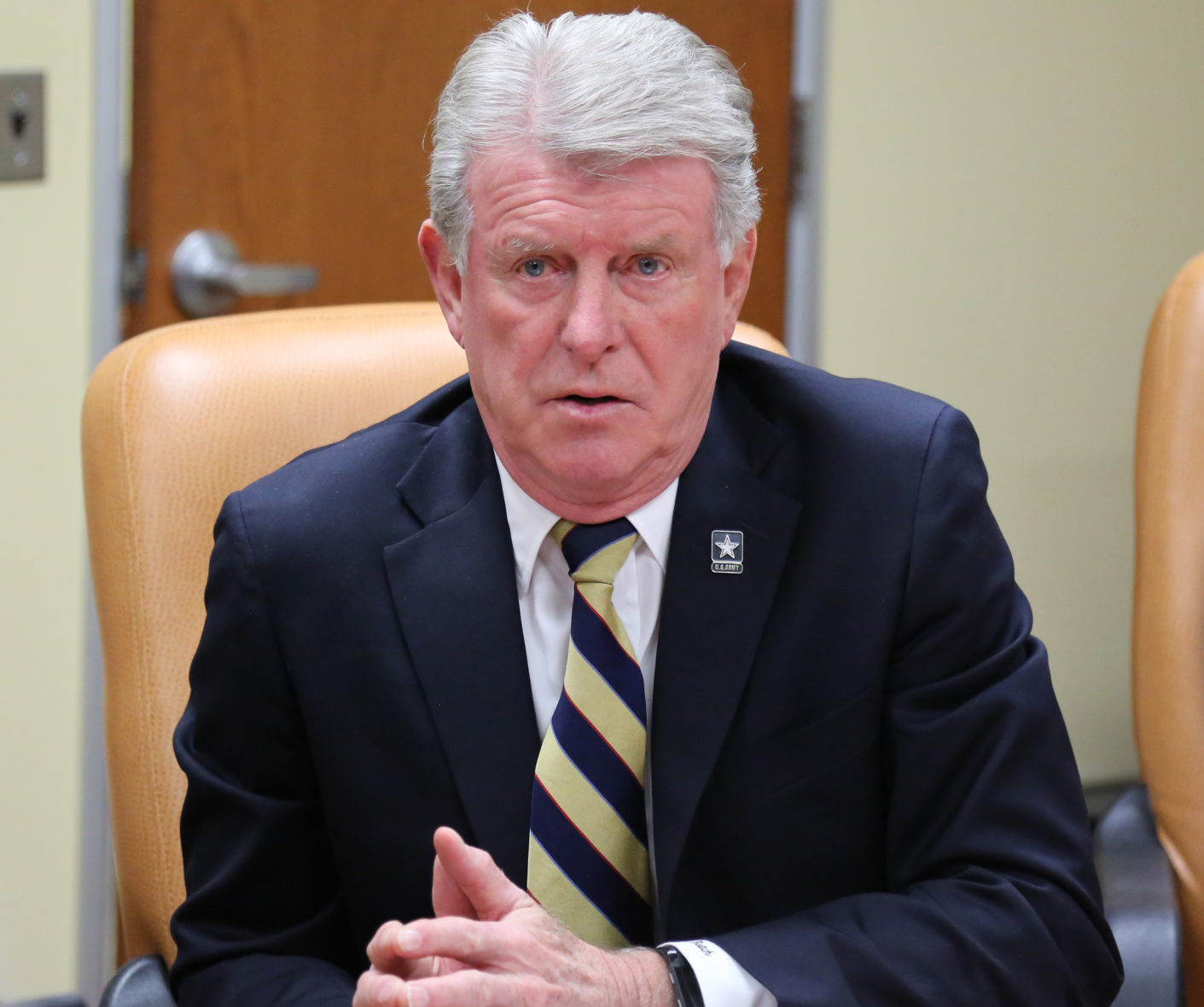
Who won, and who lost? The Legislature won this one — starting with the Joint Finance-Appropriations Committee, which zeroed out the CEO position and pared down the $500,000 request for a consultant’s study. A big political loss for Otter, the State Board and the business leaders who pushed the CEO idea.
The reading test
What happened? Somehow and somewhere along the way, this became the last big education debate of 2018. JFAC zeroed out spending for a new statewide K-3 reading test. The House pushed back, forcing JFAC to free up $550,000 for the new test. It now appears that all Idaho K-3 teachers will have a new test to work with, starting in 2018-19.
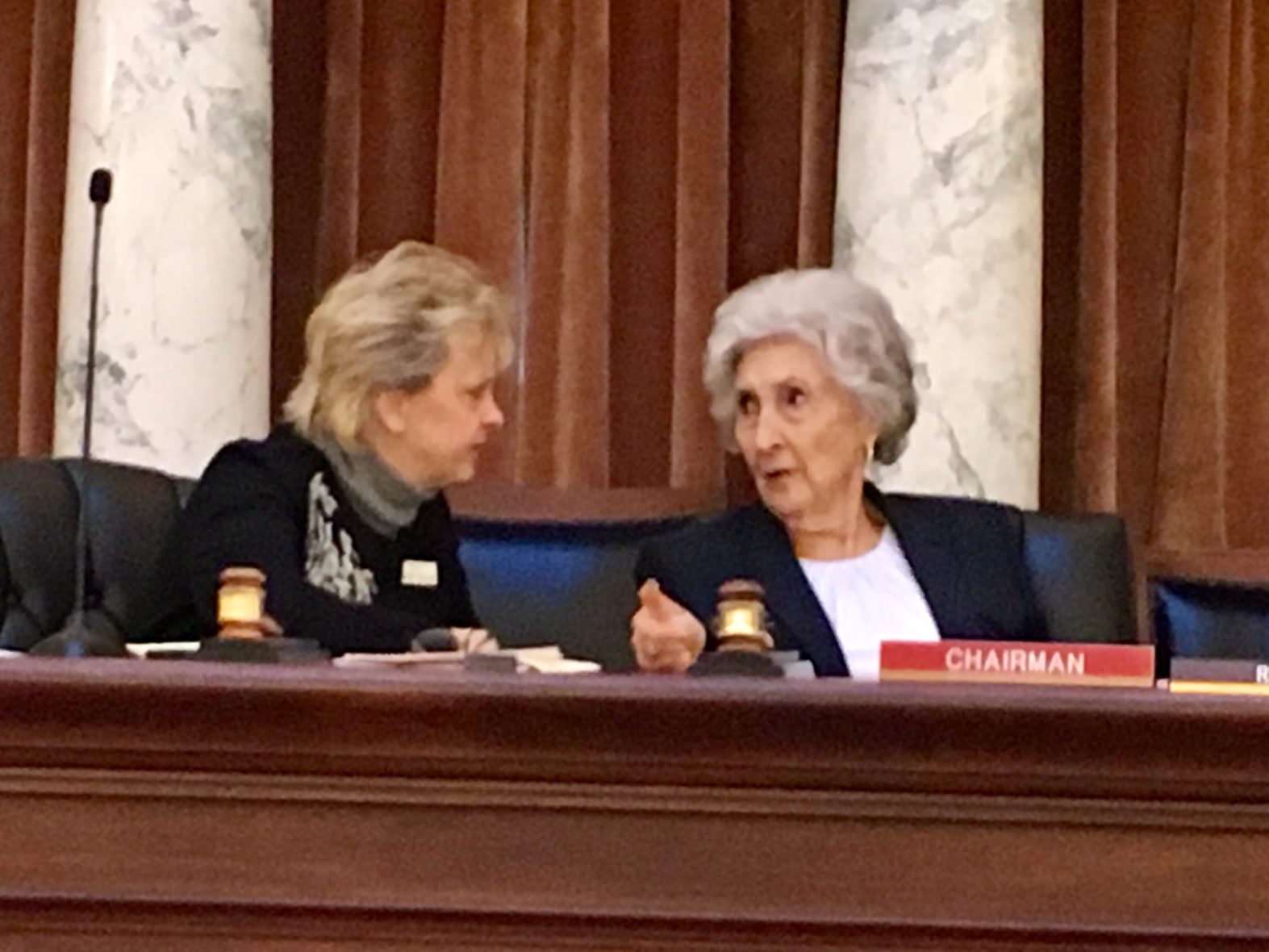
Who won, and who lost? Otter, Ybarra and the State Board all wanted to keep rolling on the statewide test. This was a big public setback for three powerful legislators who wanted to slow down: House Education Committee Chairwoman Julie VanOrden, Senate Education Committee Chairman Dean Mortimer and Rep. Wendy Horman, a JFAC member who plays a big role in writing K-12 budgets. But this year’s fight might set the stage for 2019 and beyond — and increased scrutiny of the state’s $13.2 million effort to provide extra help for at-risk readers.
Pre-K
What happened? If you’re a parent hoping to send your youngster to preschool, you’re still on your own. The Legislature did not budge on the issue, again. Pre-K advocates didn’t even get a courtesy hearing. Their bill was abruptly pulled from the House Education agenda late in the session.
Who lost? It was another frustrating session for pre-K advocates. They did start the session by making headlines, releasing results of a survey that found widespread public support for public pre-K. Still, Idaho remains one of only six states that does not fund pre-K.
Rural centers
What happened? This time, it wasn’t even close. Ybarra took her third run at creating rural education support networks — a cooperative where short-staffed and financially strapped small districts could partner on services or share hard-to-find staffers. The House passed rural bills in 2015 and 2016; the 2017 edition failed on a lopsided 20-48 vote.
Who lost? Ybarra. For three consecutive years, she has seen her top legislative priority go down to defeat. And support for her proposal is waning.
Mastery
What happened? A funny thing happened to the state’s drive toward mastery-based learning — and advancing students through the K-12 system based on subject knowledge, rather than simple seat time. Legislators slammed the brakes on a bill to expand on Idaho’s 20-school mastery pilot program. A proposed $1.4 million budget increase also went by the boards.
Who won, and who lost? This was a setback for Otter and Ybarra, who both sought the $1.4 million increase. As legislators won this round, they might have also sent a bigger message. While lawmakers widely support the 20 recommendations from Otter’s K-12 task force — a laundry list that includes mastery-based learning — they also are starting to demand data and a return on investment.
Money for local schools
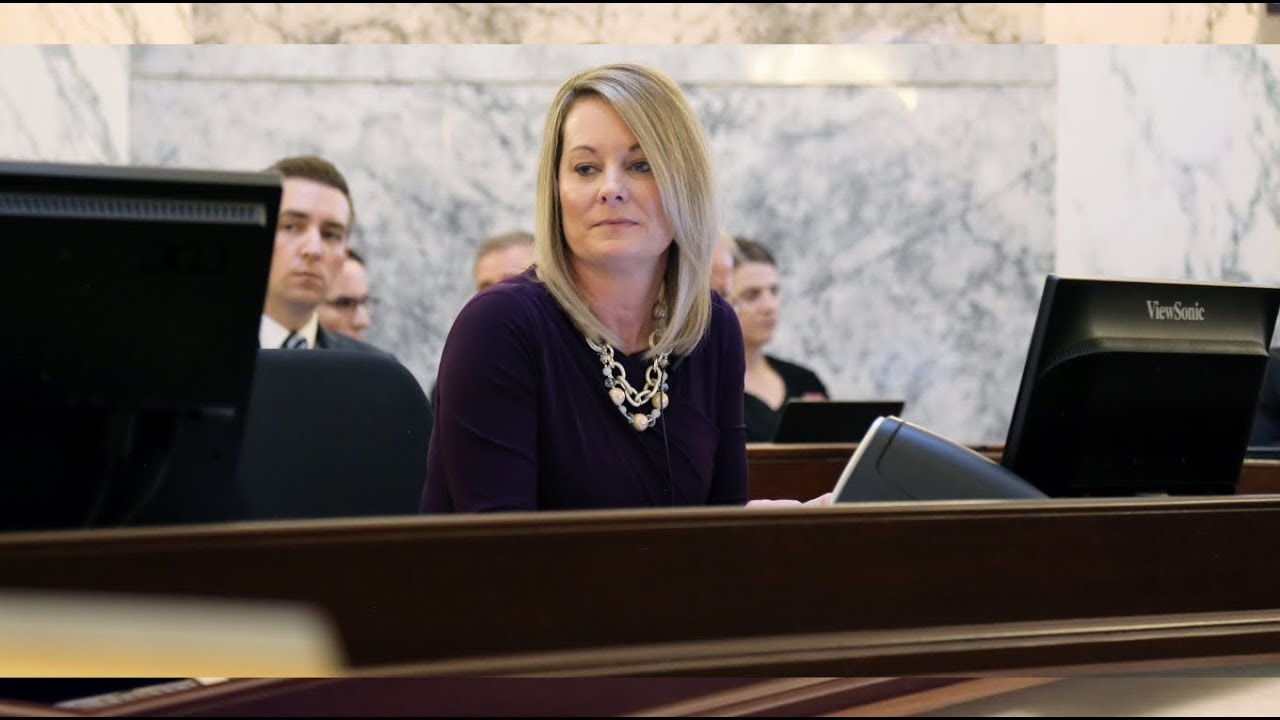
What happened? For schools wrestling with rising bills — such as the spiraling cost of health insurance — some help is on the way. The Legislature put an additional $15.9 million into discretionary or “operational” funding, including $7.2 million for health care costs.
Who won, and who lost? This was a key difference between Ybarra’s K-12 budget and Otter’s budget. Ybarra sought an increase in this line item, while Otter wanted to hold the line. This was also a win for stakeholder groups and legislative budget-writers; both groups aligned with Ybarra.
Teacher evaluations
What happened? Nothing much. In the opening days of the session, the State Board offered a bill to clear up confusion over the teacher evaluations process. House Education refused to even print the bill. And confusion still surrounds teacher evaluations. In March, the State Board released a spot check of 800 evaluations from 2016-17; only 56 percent of evaluations complied fully with state rule, a slight improvement from 2015-16.
Who lost? This was a telling political setback, not just for the State Board. It showed that House Education wasn’t bashful about taking on VanOrden, and this proved to be a recurring theme from the session.
School funding formula
What happened? The process continues. A legislative committee will get one more year to look at the complicated K-12 funding formula. The committee is expected to come back in 2019 with recommendations.
Who won, and who lost? Too early to say. The committee has basically spent two years studying a complicated formula, and getting ready to recommend changes. When it comes to this process, Year Three will be the year to watch.
